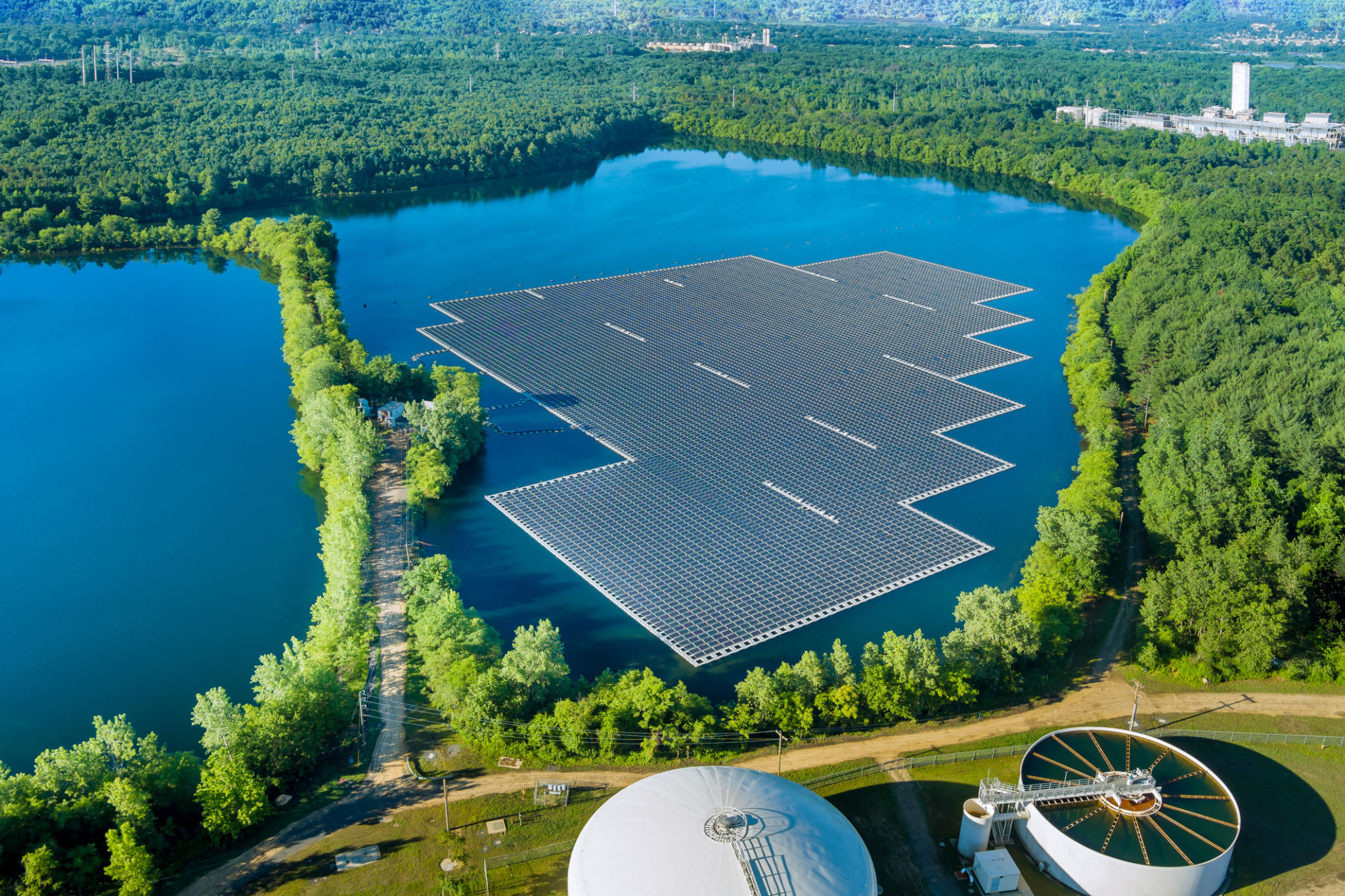Expert Insights: The Future of Floating Cover Systems in Industrial Applications
Introduction to Floating Cover Systems
As industries strive for more sustainable and cost-effective solutions, floating cover systems have emerged as a vital innovation in various industrial applications. From wastewater treatment to agricultural storage, these systems offer a range of benefits that are reshaping how businesses manage their resources.
Floating cover systems are designed to float on the surface of liquids, providing an effective barrier that minimizes evaporation and reduces emissions. This technology is particularly beneficial in industries where liquid storage and preservation are critical.

Advantages of Floating Cover Systems
Floating cover systems offer several advantages that make them an attractive option for industrial applications. Key benefits include:
- Evaporation Control: By covering the surface of liquids, these systems significantly reduce evaporation, conserving valuable resources.
- Emission Reduction: They help in controlling the release of volatile organic compounds (VOCs) and other gases into the atmosphere, aiding in compliance with environmental regulations.
- Temperature Regulation: Floating covers can help maintain a stable temperature within storage tanks, which is crucial for certain chemical processes.
Applications Across Industries
Floating cover systems are versatile and find applications across a wide range of industries:
- Wastewater Treatment: These systems are commonly used in wastewater treatment plants to reduce odors and prevent the growth of algae.
- Agriculture: In agricultural settings, floating covers protect liquid fertilizers and water from contamination and evaporation.
- Chemical Processing: Chemical manufacturers use floating covers to maintain product quality and reduce emissions.

The Future of Floating Cover Systems
The future of floating cover systems looks promising with ongoing advancements in materials and technology. Innovations in materials science have led to the development of more durable and long-lasting covers that can withstand harsh environmental conditions.
Moreover, smart technologies are being integrated into floating cover systems, allowing for real-time monitoring and management. These advancements provide industries with valuable data to optimize operations and improve efficiency.
Environmental Impact and Sustainability
As industries become more environmentally conscious, floating cover systems play a crucial role in promoting sustainability. By reducing water loss and emissions, these systems help businesses meet their environmental goals and contribute to global sustainability efforts.

Conclusion
Floating cover systems represent a significant step forward in industrial applications, offering solutions that enhance efficiency, sustainability, and compliance. As technology continues to evolve, the adoption of these systems is expected to grow, paving the way for a more sustainable industrial landscape.
For industries looking to optimize their liquid storage solutions, investing in floating cover systems is a strategic move towards a more sustainable future.
